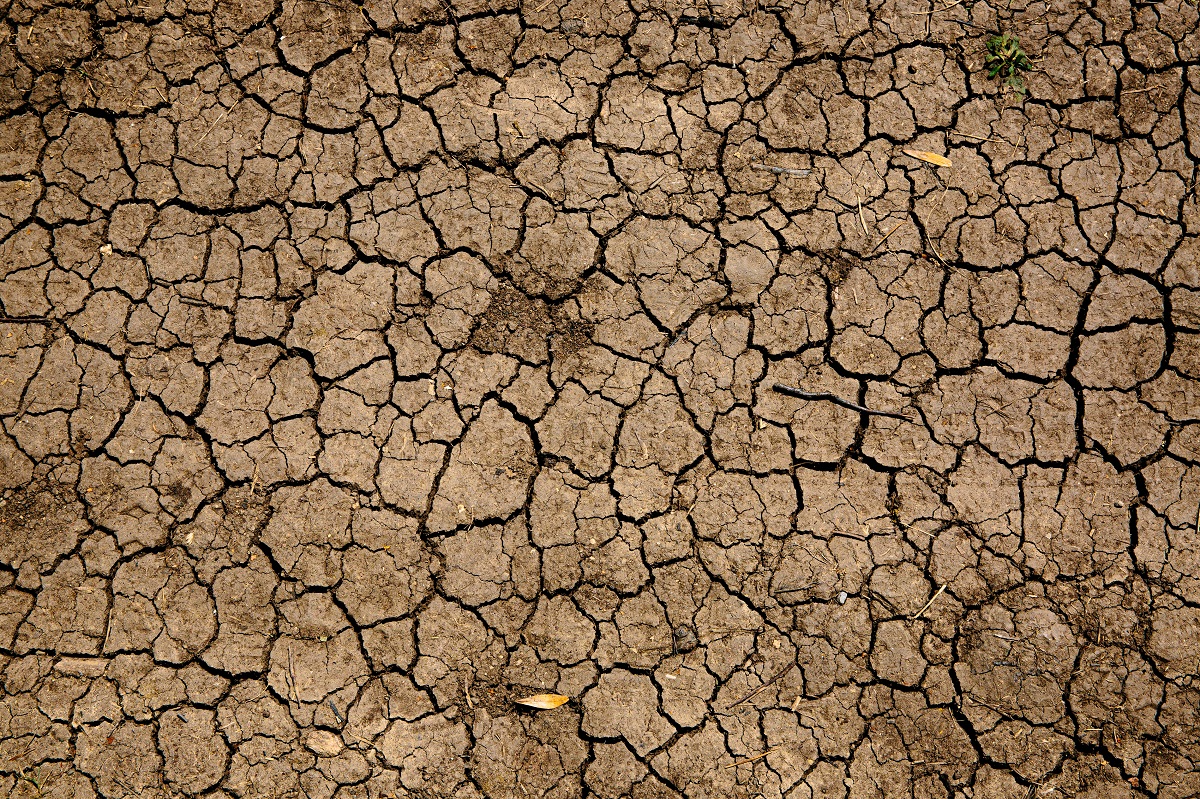Philippines: drought alert as El Niño returns
According to data from the meteorological service, the intensification of the atmospheric phenomenon could affect 65 provinces out of 82 and last throughout the first half of 2024. Agricultural production but also water supply will be at risk. Marcos orders measures to mitigate the impact of the rainfall shortage.
Manila (AsiaNews) - The year that is coming to an end already anticipates extensive drought in the Philippines which risks lasting for at least the first half of 2024, putting agricultural production in various areas of the country at risk, but also the supply of water for the population.
The problem is caused by an intensification of the El Niño atmospheric phenomenon which, as announced by the Minister for Science and Technology, Renato Solidum Jr., is already perceived and is consolidating in some areas with a reduction in rainfall of up to 80 percent which brought dry weather or risk of drought.
The same department for which Solidum is responsible indicated yesterday with updated data that 65 provinces of the Philippines out of 82 could experience drought phenomena by next May due to a greater strength and persistence of El Niño; at least you are also in a prolonged way.
Consequently, the archipelago will have to prepare to deal with a period of reduced water availability with the potential risk of serious scarcity in some areas.
The difficulties already perceived now are - according to the Philippine Atmospheric, Geophysical and Astronomical Services Administration (Pagasa) - the result of a persistence of El Niño in the tropical Pacific region which is destined to strengthen in the coming months.
This was reported at the beginning of December by the anomalous warming of the ocean surface, exceeding 1.5 degrees centigrade. “Most global climate models suggest that El Niño will likely hold until the second quarter of 2024, Pagasa pointed out.
An alarm also shared by President Ferdinand Marcos Jr. who ordered the implementation of every useful measure to mitigate the impact of reduced rainfall and drying up of the soil, while his administration has already indicated in its commitment to guarantee adequate access water one of the priorities together with food, electricity, safety and health.
Meeting the heads of several government agencies in the presidential palace on Monday, Marcos called for greater commitment in the short and medium term to ensure rapid and adequate assistance where it is needed.
There is fear of a situation similar to that of 2016-2017 which erased years of economic development of a country particularly at climate risk with 74% of the vulnerable population concentrated on 60% of the total territory.







.png)










